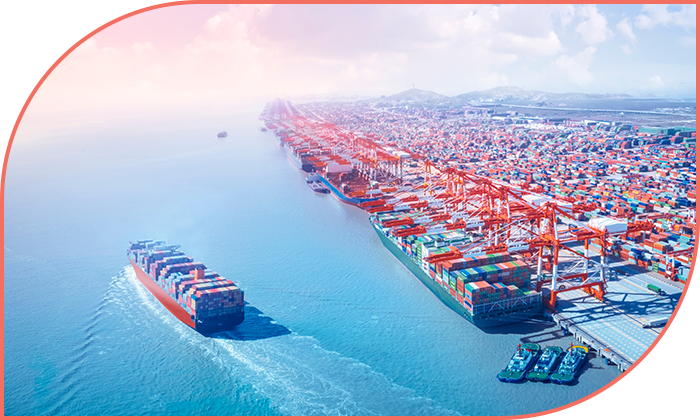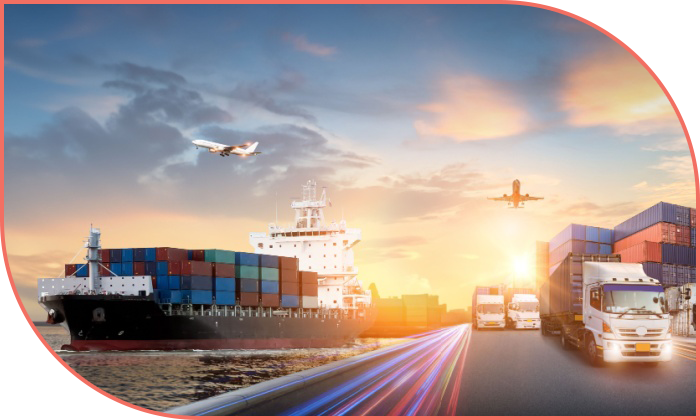Port of Yantian
Importing from Yantian to the UK
Yantian Port, located in Shenzhen, China, serves a number of major factory districts, primarily in the Guangdong-Hong Kong-Macao Greater Bay Area.
As a hub for electronics manufacturing and high-tech industries, Shenzhen’s districts, such as Bao'an and Longhua, are major contributors to the port's activity.
Known for its extensive manufacturing base, Dongguan is a significant area for electronics, textiles, and toys that heavily relies on the Yantian Port for exports. It also serves Huizhou, an area that is involved in petrochemicals, electronics, and the automotive industries.
Yantian Port also serves inland regions such as Jiangxi and Hunan, where rail connections facilitate the movement of goods from these areas to the port.
What are FOB and EXW terms?
FOB (Free on Board)
When products are sold FOB, all expenses and liabilities of the seller apply until the products are put onto a ship and transported to the nearest port.
Ownership of the item goes to the client after it is loaded, and they are responsible for paying all import-related costs, including shipping from the point of origin to the destination and customs clearance fees.
EXW (Ex Works)
Under the EXW incoterm, the seller's only responsibility is to deliver the items to the specified destination, which could be a warehouse or factory.
In this case, the buyer takes over most of the seller's responsibilities and handles all export and import processes, such as packing, shipping, obtaining insurance, and clearing customs.

Compare Ocean Freight Shipping Rates in Seconds
Get instant quotes from leading ocean freight providers. Find the best rates for your shipping needs in one place.
Sea Freight service options from Yantian to the UK
Less-than-Container Load (LCL):
Lower-volume importers whose goods don't fill the entire container might share container capacity with other shippers through less-than-container load (LCL) shipping.
Full Container Load (FCL):
To guarantee that a container is only used for their products, importers have the option to reserve the entire container.
Do you need an export licence?

The Ministry of Commerce (MoC) divides products into three categories:
- Permitted goods
- Restricted goods
- Prohibited goods
The export permits issued by the MoC include information regarding the buyer(s), seller(s), shipment, cost, and mode of transportation.
Exporting prohibited commodities necessitates these permits. For Chinese Foreign Trade Companies (FTC) to export to UK branches, authorisation is also necessary. On the other hand, trading with overseas vendors in other nations does not necessitate an export licence (FOB).
Paperwork required to clear customs
To ensure the clearance of imported goods by UK customs, shippers must make sure that the relevant documentation is in place.
The necessary paperwork may include a packing list, commercial invoice, EORI number, bill of lading (BL), and import licence (if applicable).
Get The Best Sea Freight Rates Today
Easily compare rates from top ocean freight carriers. Save time and money on your next shipment.